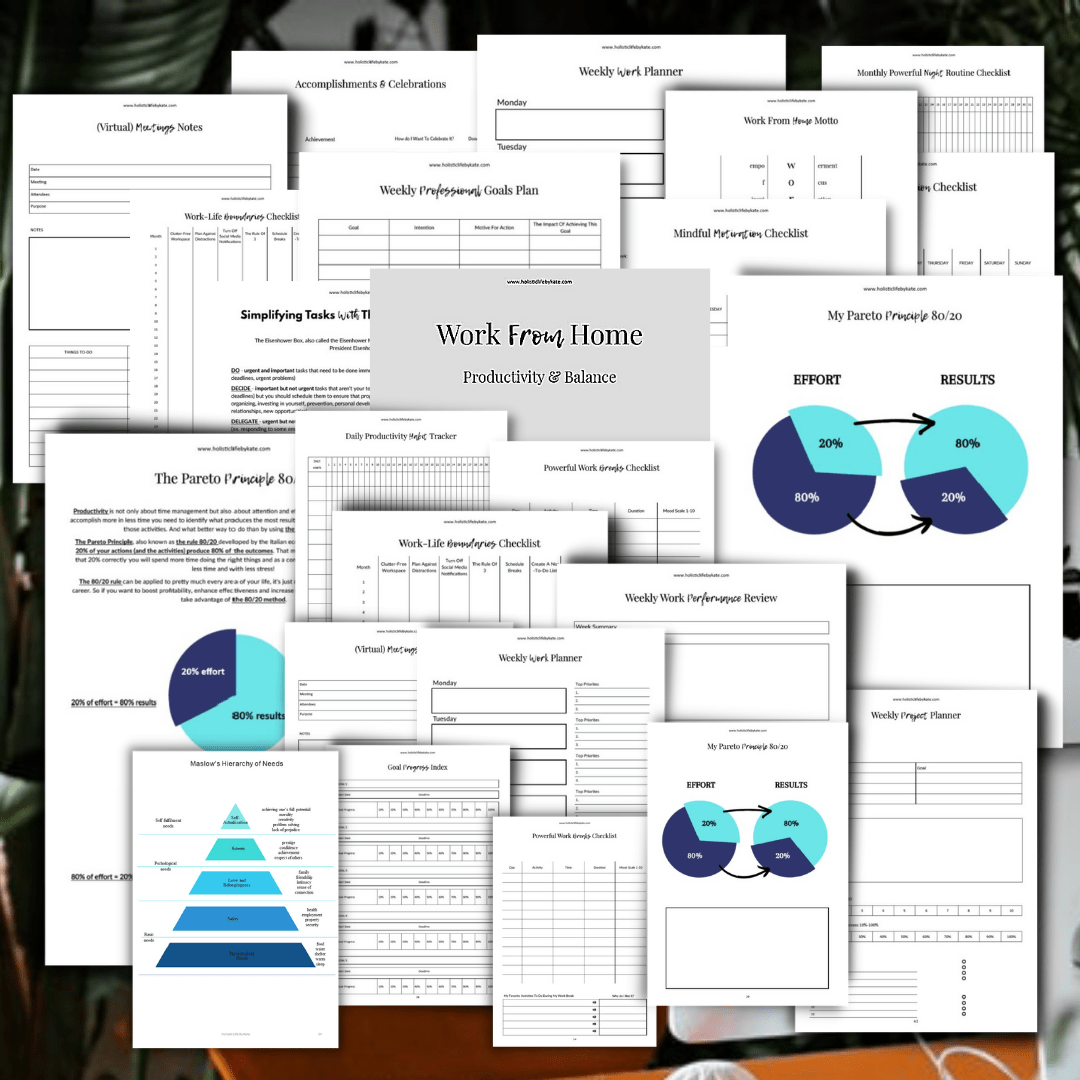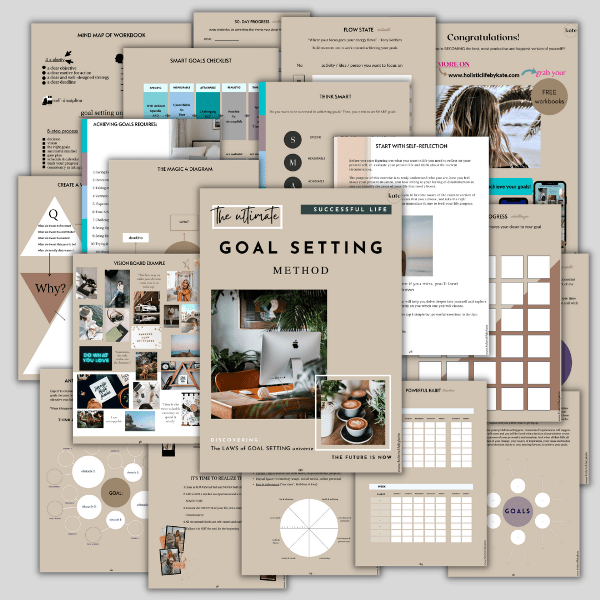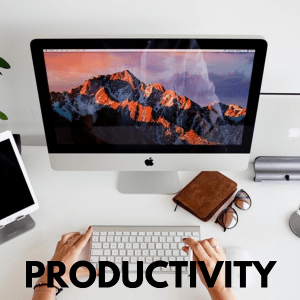If you are currently experiencing bloating, stomach pain or feeling heavy after every meal, this post is dedicated to you. First, I should mention, that I am truly speaking from my personal experience. It may sound bizarre, but when I was younger I thought that it was quite normal to feel gassy, bloated or even lethargic after every single meal. I guess it was because I’ve actually been associating “nutrient dense food” with tiredness and fatigue. As ridiculous as it sounds, I truly believed it, probably because for most of my life I knew nothing about healthy nutrition and having a balanced diet. For many years I was struggling with poor nourishment and disordered eating which developed into an eating disorder - Anorexia Nervosa.
My body was slowly shutting down what caused me even more anxiety. Breaking out of this vicious circle was extremely hard. Everyone who has experienced this knows it well.
Healthy nutrition is the key

A moment that changed my life, was when I choose to recover from my eating disorder. I remember, I was attending a cognitive-behavioral therapy and I talked to myself: What am I doing? I don’t wanna live this way. That was a turning point in my life. I started learning about healthy nutrition and mindful eating in order to heal myself. I didn’t know by then how challenging and exhausting recovering from a severe eating disorder was. Honestly, I didn’t know what to expect during this healing process. Maybe because there are many misconceptions about this complex condition which definitely does not help anyone who suffers from it. As strange as it sounds I didn’t have any idea of what to expect during the recovery process. Certainly, the road to recovery for anyone is different, however, there are some common mental and physical aspects of this indeed an incredibly complex process. No one tells you how many challenges related to severe malnutrition you will have to face throughout your recovery. Probably because they don’t want to scare you or discourage you.
Overcome an eating disorder
For me, personally overcoming the physical side aspects of Anorexia Nervosa was the most challenging. This is because my body wasn’t responding well to the normal amount of food, which obviously I didn’t expect at all. If you can relate, you know perfectly that after many years of starvation you crave literally everything you can possibly eat. This is how the real nightmare begins. The amount of abdominal pain and severe bloating after every single meal or even a snack just got my mind literally blown. Well, as you can imagine I was constantly making poor food choices, overeating or skipping meals. But one of the biggest mistakes I have ever made was combining the wrong ingredients which resulted in serious digestive issues at the beginning of my recovery process. And let me tell you, I tried purposely every single bad food combo that you can probably imagine. Just to mention a few: meat and fries, banana milk smoothie, cereals with milk, fruits after every cooked meal, tomatoes and pasta and of course lots of sweets and conventional dairy… Those food combos not only caused me a severe bloating and stomach pain but above all, were extremely dangerous for my health.
Mindful Eating
And from that moment on, I devoted myself to learning about nutrition and mindful eating for the purpose of healing myself. First thing I did, was to find out what kind of food was working for me and what
😁
The best debloating strategy
1. Remove all your food allergies and intolerances from your diet
- Get your food allergies to test done
- Get a diagnosis by a doctor before starting an elimination diet, otherwise, you can unnecessarily remove important nutrients from your diet
- Remember that true food allergies and food intolerances are NOT the same things, that’s why self-diagnosis is not the best option
- Avoid foods that irritate your bowel however in a mindful and conscious way
- Incorporate probiotics into your diet because they create good bacteria in your bowel and can prevent food sensitivities
- Do NOT remove important nutrients from your diet only because they are considered gas-producing food, first check if that’s your case
2. Check if you are not suffering from leaky gut or irritable bowel syndrome
- If you suspect you have a leaky gut syndrome do the test and find out which of 5 different types you have (candida, immune, toxic, stressed, gastric) in order to treat the symptoms correctly
- If you suspect you suffer from irritable bowel syndrome (IBS) contact your doctor, find out what causes you this condition and change your diet habits in order to decrease symptoms
3. Improve your digestion
- Learn about Alkaline & Acidic & Neutral food - to maintain proper pH balance you should increase intake of alkaline foods (benefit your health and prevent you from diseases) and decrease the acidic ones (cause inflammation and in abundance harm your body) - google it!
- Apple Cider Vinegar (ACV) or/and lemon - drink these ingredients with warm water on a daily basis on an empty stomach or/and between meals because they balance your stomach pH and have an alkaline effect to your body
- Increase fiber intake to avoid constipation
- Incorporate probiotic foods into your diet (sauerkraut, kimchi, kombucha, kvass, kefir, coconut kefir, yogurt, pickles, natto)
- Find out what kind of diet works for you by mindful eating and keeping a food journal
4. Drink lots of water
- Water keeps you hydrated
- It removes toxins from your body
- Reduces water weight (sounds strange but it’s true)! - a human body is incredibly intelligent, if you’re dehydrated it will prevent you from losing water which can easily result in water weight
5. Work out
- An exercise routine debloat you and boost your metabolism
- Remember that your guts do NOT like sitting 8h straight in the front of the computer
6. Avoid carbonated drinks
- Soft drinks build gas in your bowel which obviously causes bloating
- The amount of sugar, artificial sweeteners, and other unhealthy additives irritate your stomach
7. Be mindful of your food combos
- Avoid dangerous food combos which can be harmful to your health
- The worst food combinations are: meat & starches, bananas/citrus & milk, fruits & yogurt, fruits & cooked meals, tomatoes & carbs (pasta), beverages & food, oatmeal & fruit juice, supplements/meds which should be taken on an empty stomach
8. Eat regularly & don’t skip your meals
- Eating breakfast regularly keeps you energetic, active and improves your mood on a daily basis
- Plan your meals earlier to avoid bad food choices which make you sick and bloated (the best preparation day is Sunday)
- Be always prepared: keep precooked meals in the fridge, prepare your snacks to prevent being hungry and eating fast foods between meals
9. Chew your food
- Eat slowly and enjoy every bite of your meal - your stomach needs some time to produce digestive enzymes in sufficient amounts
- Eating and drinking fast causes you to swallow a lot of air which results in bad digestion and bloating
10. Limit sodium
- Sodium causes bloating and water retention which results in water weight
- Limit high-sodium packaged, canned foods or frozen dinners
- Choose mindfully when you eat out and avoid fast foods
- Remember: sodium and salt are NOT the same things. Salt is a mineral made up from sodium and chloride, but only sodium can be harmful to your body especially for your heart
- Recommended daily intake of sodium is between 1,500 mg - 2,300mg. More than that is potentially harmful to your body, especially because it increases blood pressure and diabetes type II with 27%.
11. Detoxify your body
- Drink lots of water to remove toxin and excess amount of sodium from your body
- Try detoxifying homemade drinks (top detoxifying ingredients are: lemon, grapefruit, cucumber, watermelon, mint, ginger, ACV, aloe vera)
My favorite detoxifying drink:
- Warm water - 1 cup
- Lemon - 1/2
- ACV - 2 Tablespoons
- Cayenne pepper - 1 dash
- Cinnamon - ½ teaspoon
- Ginger - ½ teaspoon
- Raw honey or maple syrup (vegan option) - 1-2 teaspoon
12. Activate your foods - Activating food means sprouting and soaking nuts, seeds, and grains
- Decreases phytic acid
- It increases nutrient absorption
- Makes nuts, seeds, grains easier to digest
13. Manage stress & learn how to relax
- Stress can contribute to many digestive problems and increases gut symptoms
- Meditation, yoga or even walking can be a remedy for bloated stomach and digestive issues
14. Incorporate spices & herbs which decrease bloating and improve digestion
- Spices: turmeric, cinnamon, ginger, cloves, cardamom, anise, coriander
- Herbs: peppermint, chamomile, lemongrass, fennel, caraway
15. Supplements or meds
- Take probiotics because they are responsible for creating good bacteria in your guts
- Check if supplements or meds you take on a daily basis do not bloat you
16. Avoid chewing gum
- It is full of chemicals and artificial sweeteners
- It causes you to swallow a lot of air which makes you bloated
- It messes with your digestion by producing digestive enzymes unnecessarily
Stay positive
Be mindful and debloat yourself 😎
xx Kate













